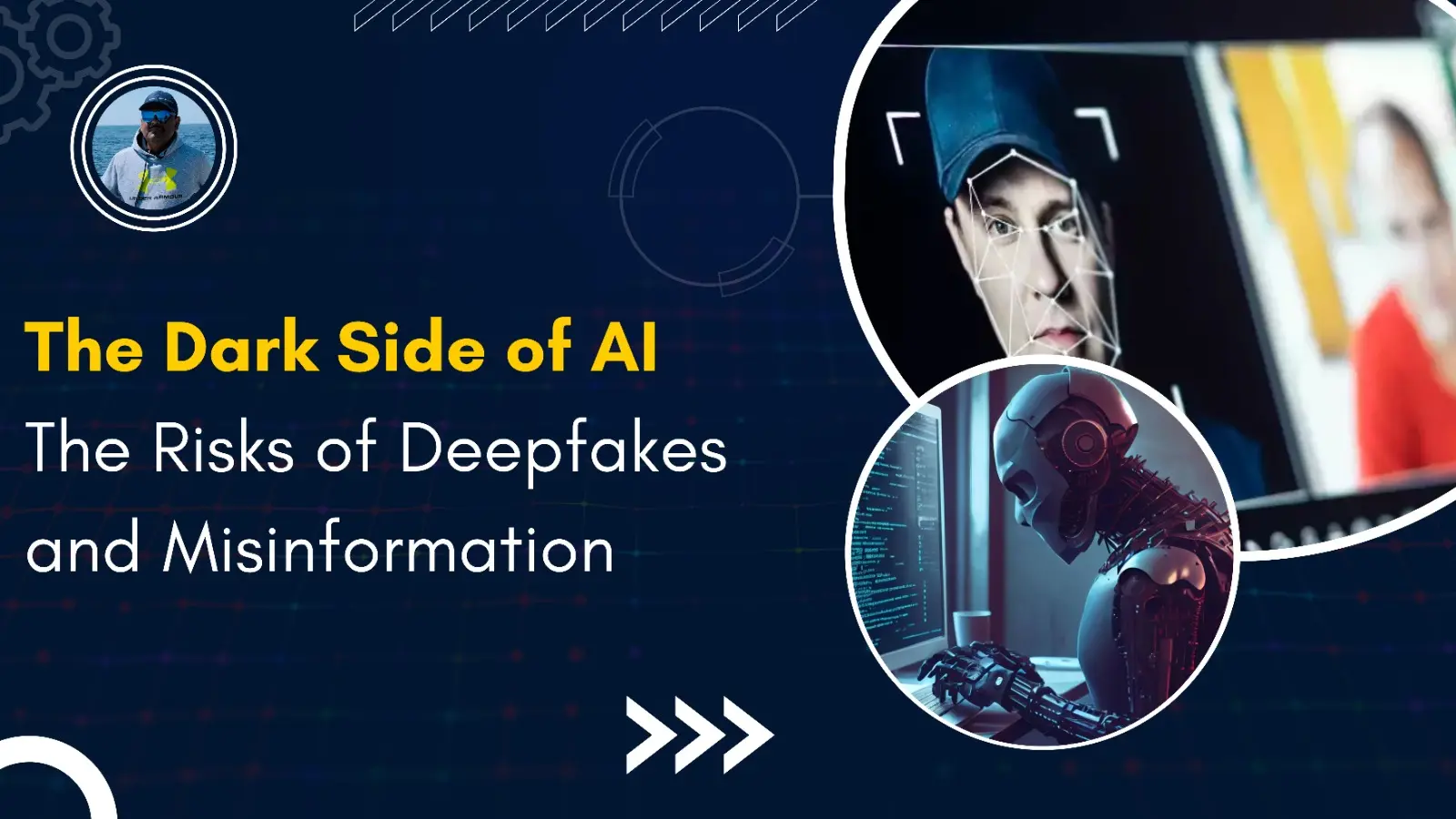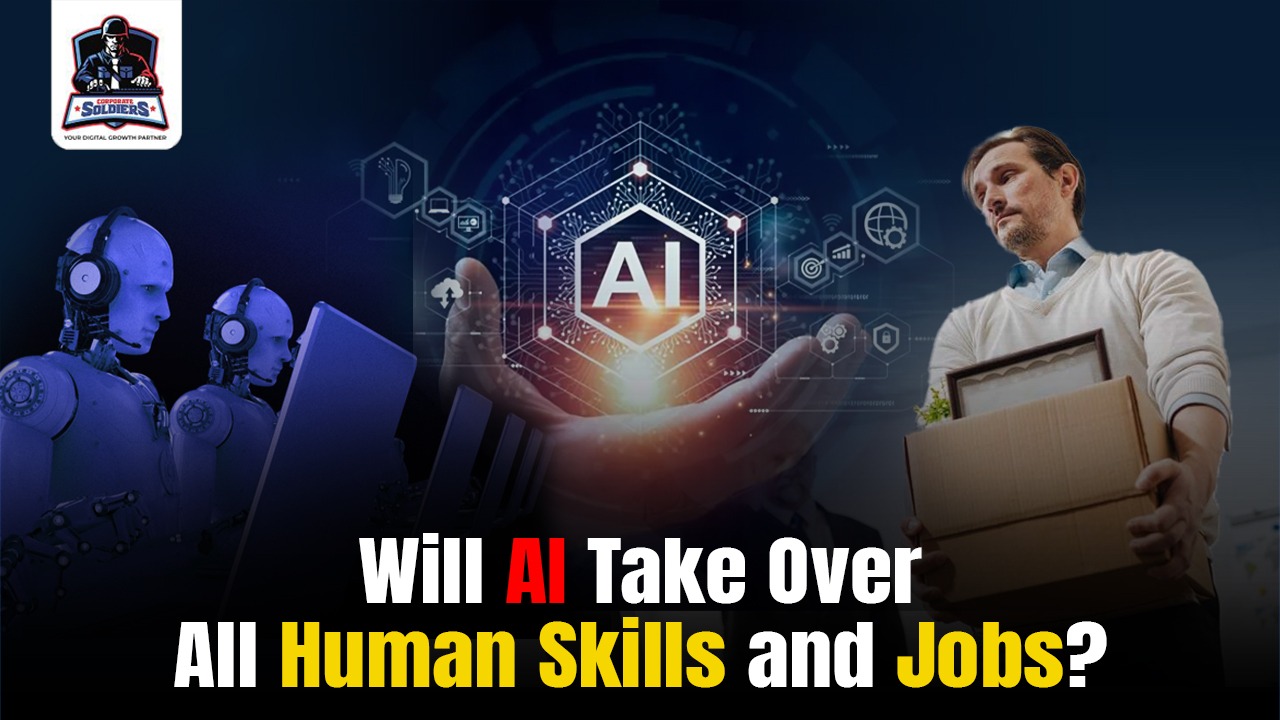The growth of artificial intelligence (AI) technologies offers significant opportunities for innovation and improved efficiency. However, this growth also highlights a major challenge that threatens the fundamental elements of our society. Deep fakes, misinformation, and identity theft represent some of the most critical issues that manipulate reality and intensify societal conflicts.
This article talks about the consequences of these technologies and their impact on cognitive manipulation, the disruption of democratic processes, and the decline of institutional trust.
The Misinformation Landscape
The rise of misinformation has emerged as a prominent feature of the digital era. According to a 2023 report by the Digital India Foundation, 78% of Indians perceive that misinformation on social media has intensified, particularly noting an increase in false narratives concerning health and religion.
The emergence of AI-generated content has enabled these false narratives to circulate swiftly, often achieving viral status before they are addressed.
The effects of such misinformation go beyond simple confusion; the ability of AI to create convincing yet inaccurate content makes it increasingly difficult to distinguish between reality and fabrication, leaving individuals open to manipulation.
The Impact of Deepfakes
Deep Fakes are among the most dangerous applications of artificial intelligence technology. According to a 2022 report by the CyberPeace Foundation, there were over 1,500 documented cases of deepfakes in India, significantly impacting public figures and political discussions.
The impact can be major and can lead to false criminal charges and cause long-term damage to the reputations of those affected.
In the context of political campaigns, the spread of misinformation and altered content can manipulate public perception, ultimately influencing democratic processes. As the number of isolated machines and AI tools that generate these manipulations increases, the likelihood of substantial political instability grows.
Manipulating Thought Processes
The influence of artificial intelligence on cognitive processes is significant and cannot be overlooked. Through the application of advanced algorithms, AI can analyse extensive datasets to identify behavioural patterns and preferences.
This data can then be utilised to customise content that aligns with individual beliefs, often reinforcing pre-existing views while sidelining opposing opinions. As algorithms evolve in complexity, the risk of targeted disinformation campaigns escalates.
The ethical implications of these actions are profound. It raises critical questions about the responsibility of those who create and utilise such technologies.
Identity Theft and Security Concerns
The emergence of artificial intelligence has significantly contributed to the prevalence of identity theft. This is because cybercriminals utilise these advanced technologies to craft highly convincing impersonations of both individuals and public figures.
According to the 2023 Cybersecurity Index, India encountered more than 2,000 data breaches last year, affecting millions and compromising sensitive personal data.
Additionally, the security of sensitive information is increasingly threatened. As organisations embrace AI for improved efficiency, they often overlook the vulnerabilities that accompany its use.
It is crucial to address the convergence of AI and cybersecurity to ensure the protection of personal and societal integrity.
Economic Consequences
The progress of artificial intelligence is changing the workforce with machines taking on roles that were once performed by humans.
The threat of widespread unemployment becomes more profound as AI continues to take on more roles, particularly in industries such as customer service, the creative sector.
This transformation not only affects individual livelihoods but also has significant economic consequences. Reduction in the skilled human workforce could lead to reduced consumer spending and economic slowdown.
Policymakers must explore strategies to solve these challenges to ensure that the benefits of AI do not compromise societal well-being.
Summing up
The negative dimensions of artificial intelligence introduce a complex set of challenges that society is tasked with addressing. The increasing role of artificial intelligence in our everyday activities offers extraordinary possibilities but also presents significant obstacles. Issues such as the spread of misinformation, deep fakes, identity theft, and economic displacement have lasting impacts on society.
As AI becomes more of a part of our everyday lives, it is crucial to implement strong ethical standards, effective regulations, and broad educational initiatives. These measures can empower individuals to critically assess the information they encounter and promote responsible navigation.
Written by Mr. Ajay Kumar –
Click on this link for more such content










